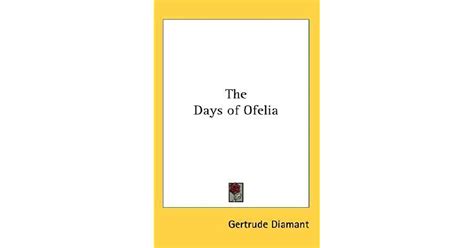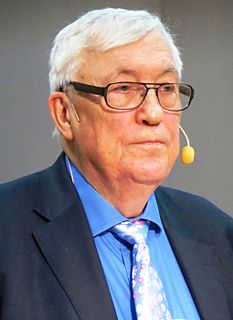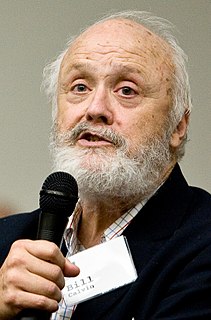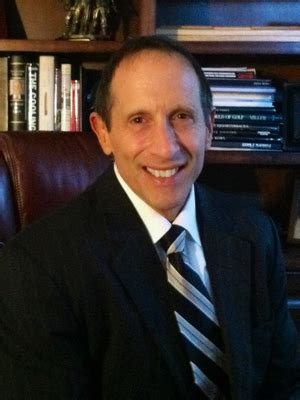A Quote by John Steinbeck
I've lived in good climate, and it bores the hell out of me. I like weather rather than climate.
Related Quotes
I have never seen myself as an alarmist but rather as a scientist with a critical viewpoint, and in that sense I have always been a skeptic. I have devoted most of my career to developing models for predicting the weather, and in doing so I have learned the importance of validating forecasts against observed weather. As a result, that's an approach I strongly favor for "climate predictions." It's essential to validate model results, especially when dealing with complex systems such as the climate. It's essential do so properly if such predictions are to be considered credible.
...I will praise the English climate till I die—even if I die of the English climate. There is no weather so good as English weather. Nay, in a real sense there is no weather at all anywhere but in England. In France you have much sun and some rain; in Italy you have hot winds and cold winds; in Scotland and Ireland you have rain, either thick or thin; in America you have hells of heat and cold, and in the Tropics you have sunstrokes varied by thunderbolts. But all these you have on a broad and brutal scale, and you settle down into contentment or despair.
Despite the international scientific community's consensus on climate change, a small number of critics continue to deny that climate change exists or that humans are causing it. Widely known as climate change "skeptics" or "deniers," these individuals are generally not climate scientists and do not debate the science with the climate scientists.
The climate of Ohio is perfect, considered as the home of an ideal republican people. Climate has much to do with national character.... A climate which permits labor out-of-doors every month in the year and which requires industry to secure comfort--to provide food, shelter, clothing, fuel, etc.--is the very climate which secures the highest civilization.
Now, here's a good question: should serious people focus on global political instability - terrorism, failing states, nuclear weapons - or should we focus on global climate instability - droughts, floods, extreme weather? Here's the correct answer: yes, both, because climate disruption will make every other national security problem worse.



































